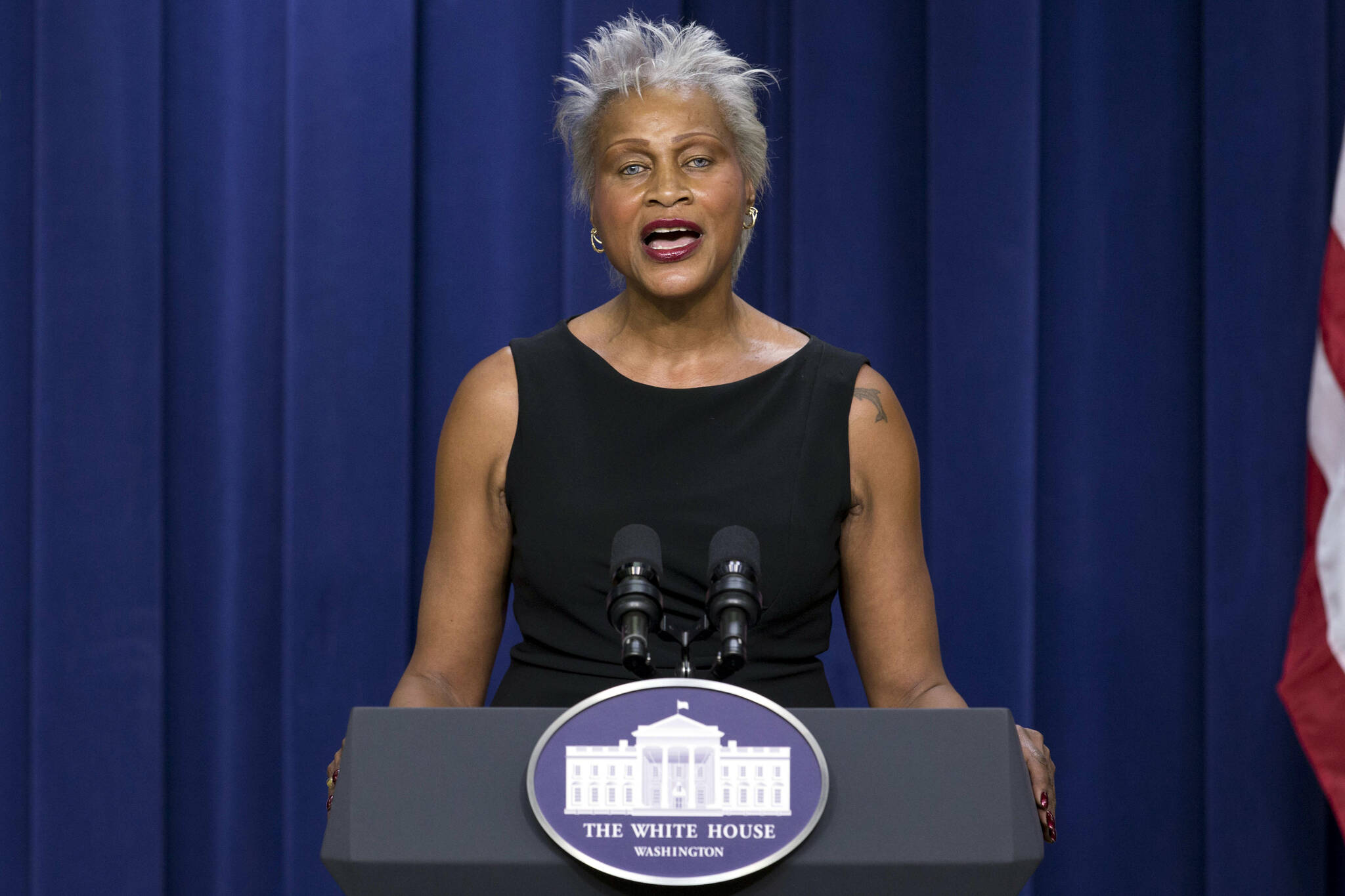By BECKY BOHRER
Associated Press
JUNEAU — Democrat Elvi Gray-Jackson said Friday that she is ending her run for U.S. Senate in Alaska and instead will seek reelection to the state Senate.
Gray-Jackson, in a statement released by her campaign, said that as first-quarter fundraising concludes “and after some deep reflection on our current system and the monumental expenses necessary to run a successful campaign, I have decided that my best efforts to change that system and to change Alaska will be done in the Senate in Juneau.”
Gray-Jackson had been the only Democrat so far to file with the state Division of Elections to run for the U.S. Senate seat held by Republican Lisa Murkowski, who is seeking reelection. Gray-Jackson had filed as a candidate last month.
Samantha Keitt, who had been a spokesperson for Gray-Jackson’s U.S. Senate campaign, said the timing of when Gray-Jackson would file paperwork to make the changes was being finalized.
Gray-Jackson said she looks forward to “supporting a new candidate who represents the best of Alaska’s ideals to challenge” Murkowski.
Murkowski reported having about $4.3 million available at the end of the last quarter, which ended Dec. 31. Murkowski at that time held a huge cash-on-hand advantage over Republican Kelly Tshibaka, who began running late last March and has been endorsed by former President Donald Trump. One other challenger who had reported fundraising to the Federal Election Commission, Libertarian Sean Thorne, lagged far behind both.
Lindsay Kavanaugh, executive director of the Alaska Democratic Party, said party officials knew Gray-Jackson’s announcement was coming.
“I think she continually assesses where she can best serve Alaskans, where she wants to be, and again, we support her decision that she made in consultation with her campaign staff,” Kavanaugh said.
Kavanaugh said Democrats are “absolutely not” ceding the race and “will have a candidate. We’re just not ready to announce it.”
This year’s elections will be held under a process approved by voters in 2020 that does away with party primaries and institutes ranked choice voting in general elections. Under the new system, the top four vote-getters in the race in the August primary, regardless of party affiliation, will advance to the November general election, where ranked choice voting will be used.
An email seeking comment also was sent to the Democratic Senatorial Campaign Committee.

